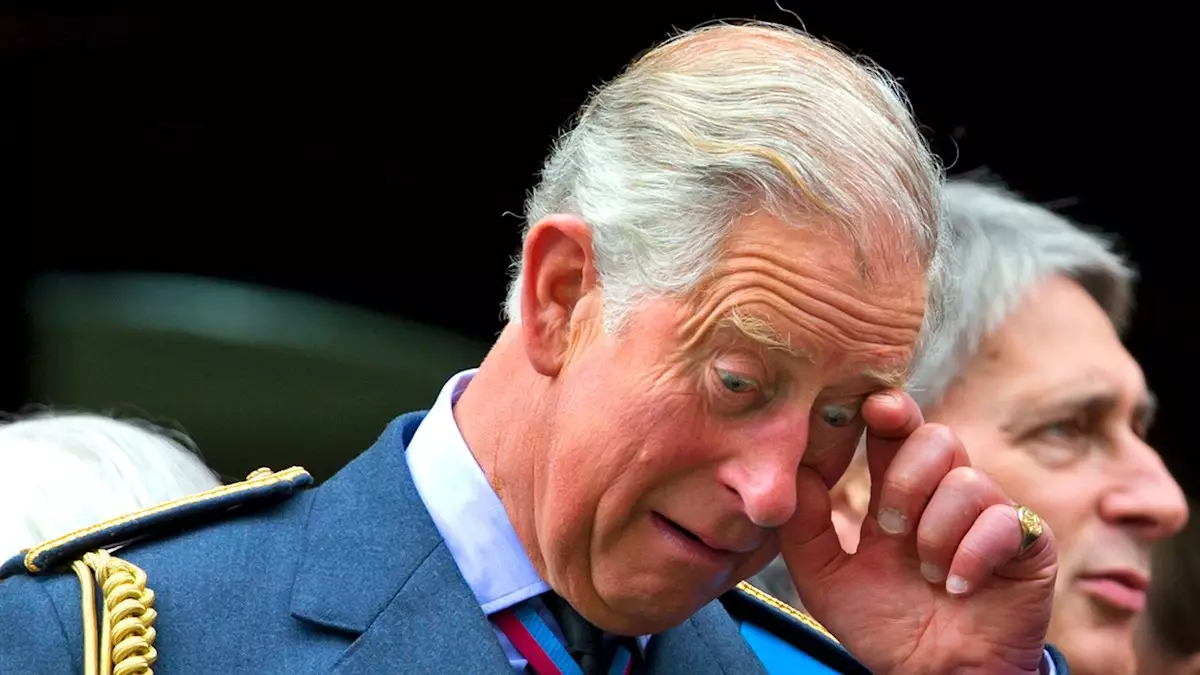Last year, the announcement of King Charles’ cancer diagnosis by Buckingham Palace marked a significant moment in the royal family’s narrative. The palace had initially opted for a veil of secrecy concerning the medical professionals attending to the King. This stance was consistent with the royal family’s general preference for privacy regarding personal health matters. However, an unexpected twist arose when the King, during the New Year Honours list, acknowledged the contributions of his healthcare team. This act unintentionally revealed the names of his key medical advisors, stirring public curiosity and media speculation surrounding royal healthcare operations.
The 2025 Honours List bestowed accolades upon Dr. Douglas Glass and Professor Richard Leach, highlighting their indispensable roles in King Charles’ medical journey. Dr. Glass, who has been a trusted GP and even attended to Queen Elizabeth II during her final moments, has garnered profound respect within the royal household. Meanwhile, Professor Leach’s affiliation with King Edward VII’s Hospital reveals a longstanding relationship between the royal family and esteemed healthcare providers. Their recognition not only honors their dedication but also brings forth the essential roles that these medical professionals play behind the scenes in royal health and well-being.
With the appointment of Dr. Michael Dixon as the head of the Royal Medical Household, the monarchy embraced a modernized approach to healthcare management. Dr. Dixon, with his extensive experience and dual fellowship in both the Royal College of GPs and the Royal College of Physicians, seemed a fitting choice. However, his known inclination towards complementary and alternative treatments, particularly homeopathy, raised eyebrows among traditionalists. Buckingham Palace addressed these concerns by clarifying the physician’s stance: he does not endorse homeopathy as a standalone cancer treatment but rather supports its use in conjunction with established medical practices—emphasizing safety and evidence-based care.
The dialogue surrounding Dr. Dixon’s practices underscores a broader conversation about the integration of alternative medicine within conventional healthcare systems. King Charles, having been an advocate for holistic well-being throughout his life, appears to reflect a shift in the royal family’s healthcare philosophy. This method, focusing on patient choice and integrated health solutions, aligns with contemporary healthcare trends, where patients seek a blend of traditional and alternative medical methodologies.
The tradition of honoring medical practitioners associated with the royal family is not new. King Charles’ mother, Queen Elizabeth II, similarly knighted her Head of the Medical Household, Sir Huw Thomas, signifying that this acknowledgment stems from a long-standing royal appreciation for medical professionals. The current honours, while inadvertently disclosed, bolster a sense of respect and gratitude towards those safeguarding the health of one of the most scrutinized figures in British history.
King Charles’ recent healthcare narrative represents a delicate balance between royal privacy and public interest. The evolving landscape of medical recognition within the monarchy reflects not just an acknowledgment of individual contributions but also a broader acceptance of integrated healthcare principles that favor patient autonomy and comprehensive well-being.

